English playing cards
Concept of English playing cards
You may have seen a child who was shown an “apple card” by his parents and said: (Click this ↓)

“Apple."
“This is an apple."
The children grown up with such an education can recognize an apple as an apple. There is no room for a translation like “Pomme → apple". This is a native speaker of English.
Therefore, it makes sense for adults too, to use actively such “English Education Cards". However, such products are not found in the general market. The biggest reason may be that there is a limit to what can be expressed in illustrations. As a matter of fact, it is difficult to express complex sentences with cards.
However, I thought that the idea of this “English education card" could be used for interrogative words. This is because interrogative sentences are usually short and often descriptive and characteristic. Nevertheless, they are easy to apply and essential expressions in daily conversation. That is why there should be no hesitation when uttering words. 100% memorization is required. Because of such content, it is worth making a card and memorizing it.
When making cards, it is important the selection of English to be recorded. The sentences which ative speakers actually use will increase your motivation to memorize. However, too much recording can cause frustration. That’s why I didn’t record a lot of them comprehensively. It focuses on practical English that can be used.
This site’s “English playing cards" were born based on such a concept. Please take advantage of it. The biggest feature is that there is no language translations when memorizing. And this is our site original. The world’s first app.
Grammar
Knowledge of English grammar is also required when memorizing with “English playing cards". The sentence that follows the interrogative sentence may take the word order of the affirmative sentence or the word order of the interrogative sentence, which is a point to get confused easily. Let’s take a look at a concrete example in English.
“When is your birthday?"
In this sentence, the word order after “When" is the same as in the affirmative sentence. This is because the interrogative pronoun “when" acts as the subject. So it can be replaced with the affirmative sentence “A is your birthday."
But what about this sentence?
“When are you free?"
Here, the sentences below “When" are inverted. After creating a question sentence, “When" was added to the head. As a result, “When" is the object. Therefore, the substitution “A are you free." does not hold.
Here is the grammatical conclusion:
・If the subject is an interrogative, the word order of the affirmative sentence
・If the object is an interrogative word, the word order of the interrogative sentence
However, in this explanation, the criteria for proper usage are not quite clear. So, to dig deeper, let’s compare the two sentences below.
“When is your free time?"
“When are you free?"
In “When is your free time?", you can see that the “subject" of “When" is functioning well at the beginning of the sentence. In other words, it is possible to take the word order of an affirmative sentence precisely because there is a clear subject. On the other hand, “When" in “When are you free?" is clearly not the subject, and because the subject is not in the head, the balance is lost and the inversion occurs. Such an interpretation is also possible.
As a summary, if the interrogative is the subject, the same word order as the affirmative sentence, otherwise the word order of the interrogative sentence. You can keep it simple.
When
A pattern with “When" as the subject. Same word order as in affirmative sentences
“When is your birthday?"
“When is the check-in time?"
“When is the store open?"
“When was the last time I saw you?"
A pattern that adds “When" to the beginning of a question. Interrogative word order
“When are you free?"
“When will it be fixed?"

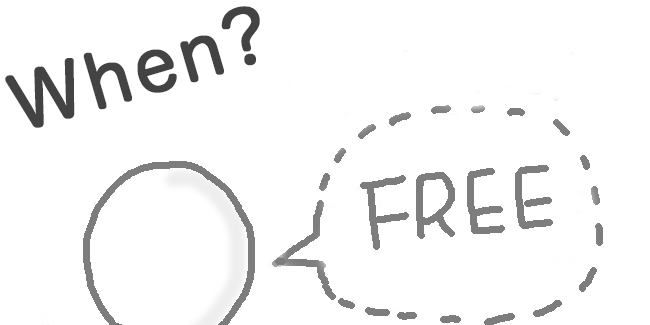

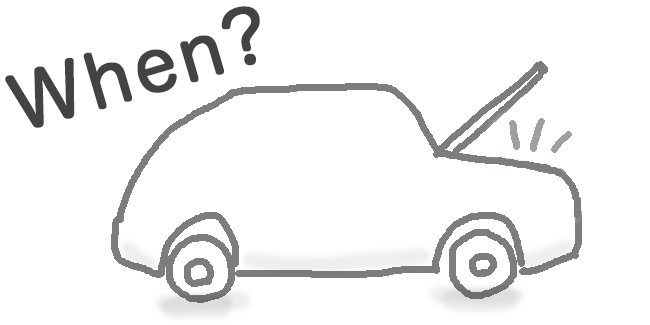
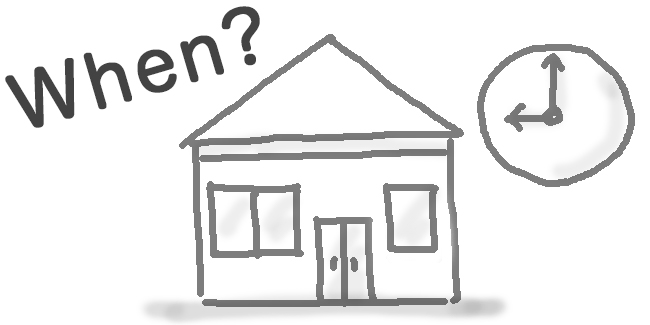
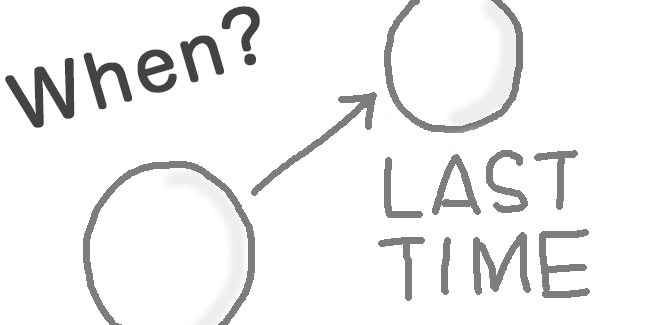
Where
A pattern whose subject is “Where". Same word order as in affirmative sentences
“Where’s the swimming pool?"
A pattern that adds “Where" to the beginning of a question. Interrogative word order
“Where can I get a ticket?"
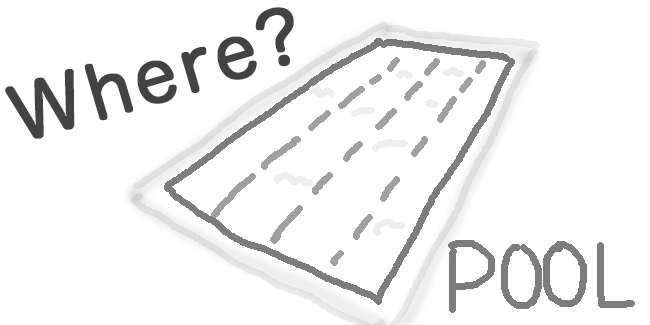

Who
Patterns where “Who" is the subject. Same word order as in affirmative sentences
“Who’s the best singer?"
A pattern that adds “Who" to the beginning of a question. Interrogative word order
“Who should I call?"
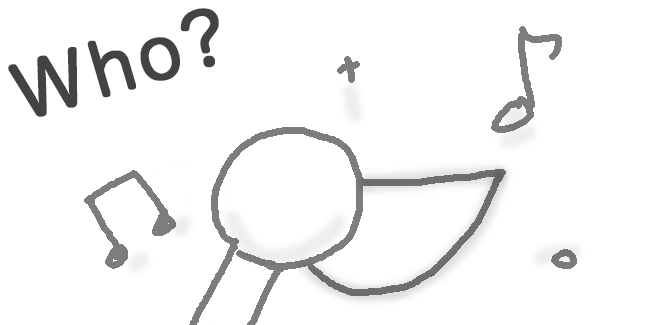
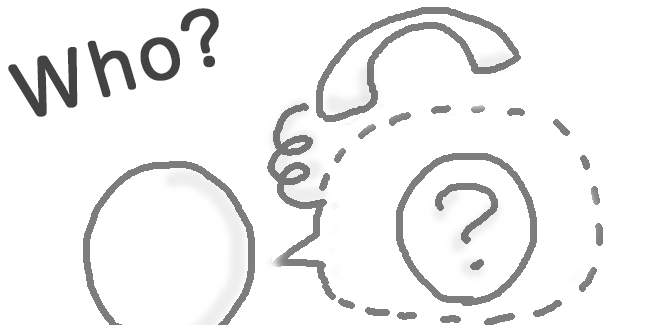
What
A pattern whose subject is “What". Same word order as in affirmative sentences
“What’s today’s special?"
“What’s your budget like?"
“What’s the matter with you?"
A pattern that adds “What" to the beginning of a question. Interrogative word order
“What should I call you?"
“What do you mean by that?"
A variation of the pattern of adding “What" to the beginning of the interrogative sentence. Interrogative word order
“What kind of person are you looking for?"
“What time does the show start?"
exclamation
“What a cute little kitty!"
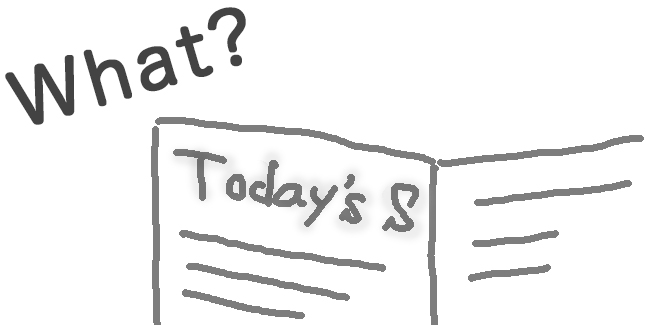


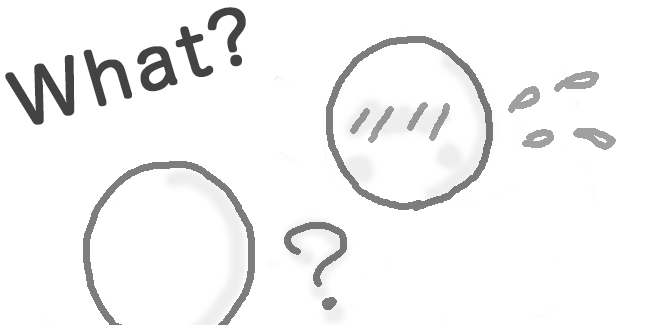
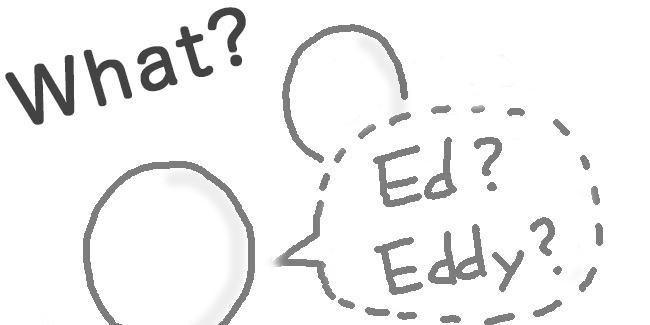
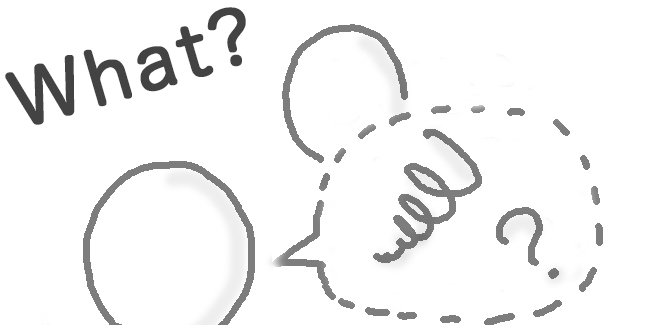
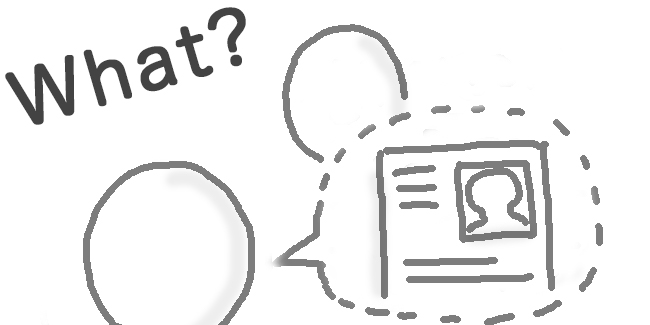
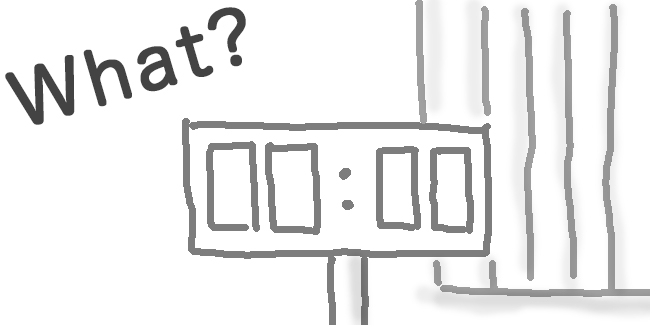
Why
A pattern of adding “Why" to the beginning of a question. Interrogative word order
“Why are you angry?"
“Why did you accept the offer?"
“Why don’t you come with me?"
“Why don’t we get started?"

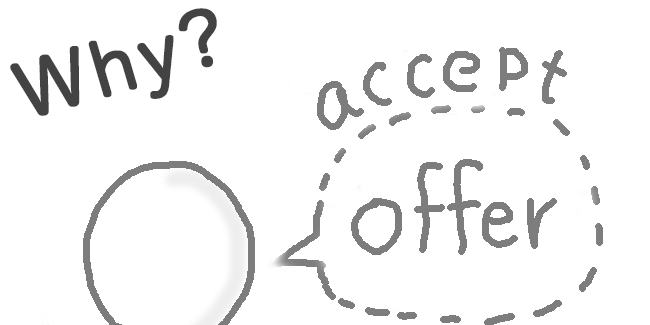
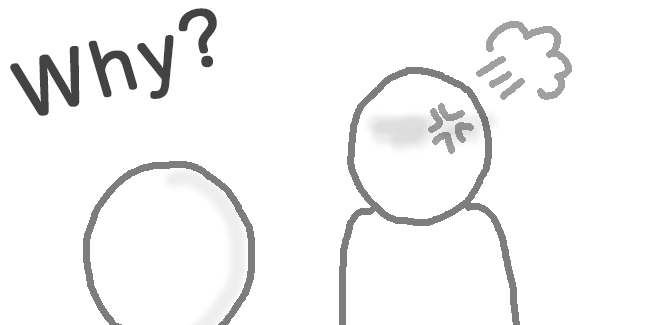

How
A pattern whose subject is “How". Same word order as in affirmative sentences
“How was your dinner?"
“How’s everything going with your company?"
An extended type <How + about> of the pattern in which “How" is the subject. Same word order as in affirmative sentences
“How about having dinner with me?"
“How about Monday next week?"
A pattern that adds “How" to the beginning of a question. Interrogative word order
“How would you like your steak?"
“How can I get to the airport?"
An extended type of pattern that adds “How" to the beginning of a question <How + adjective>. Interrogative word order
“How long does it take?"
“How hungry are you?"
“How much does it cost?"
“How far is it on foot?"

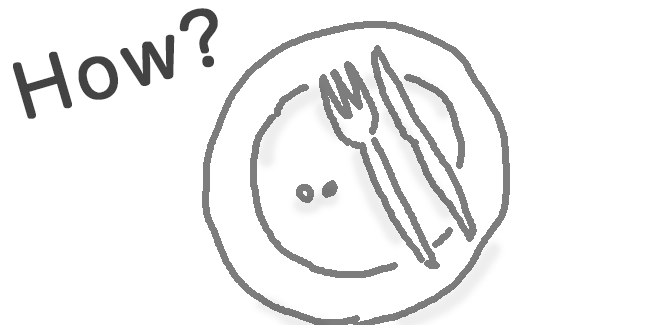
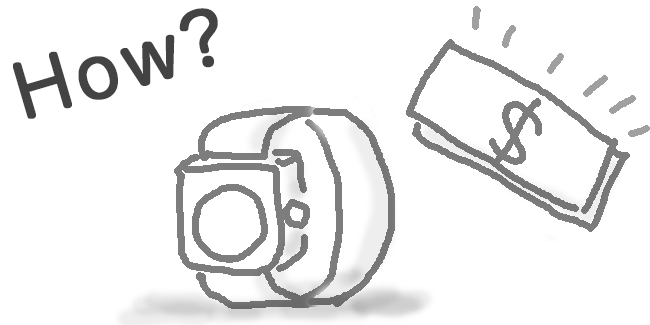

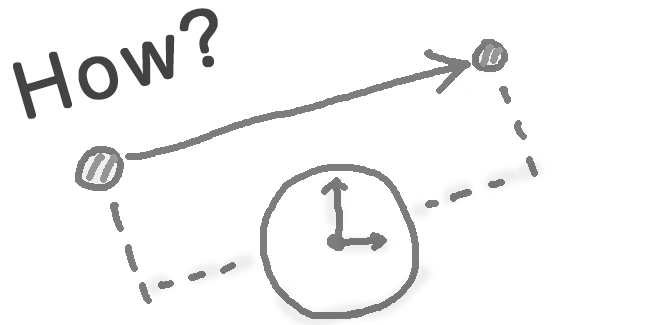
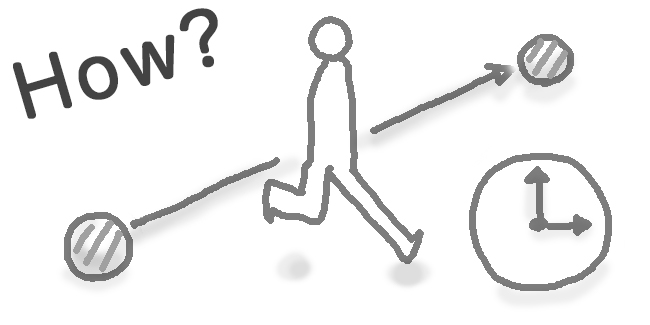
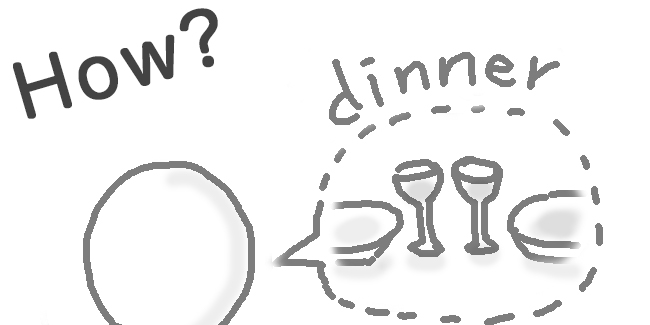
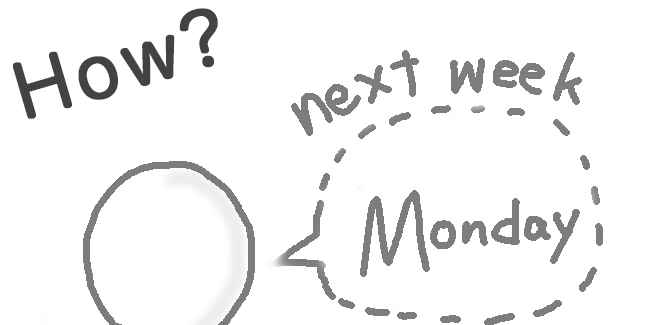
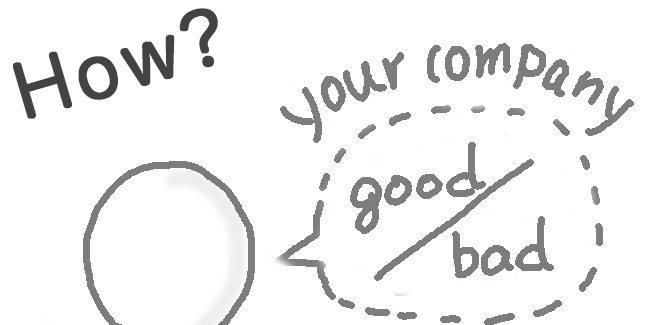
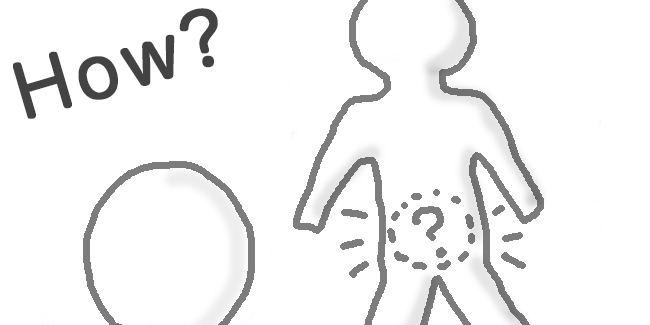
Which
The points of the interrogative word “Which" are as follows.
・Used for things
・When there are few choices, use “Which", otherwise use “What".
A pattern with “Which" as the subject. Same word order as in affirmative sentences
“Which phone is better, iPhone or Android?"
A pattern that adds “Which" to the beginning of a question. Interrogative word order
“Which size would you like?"
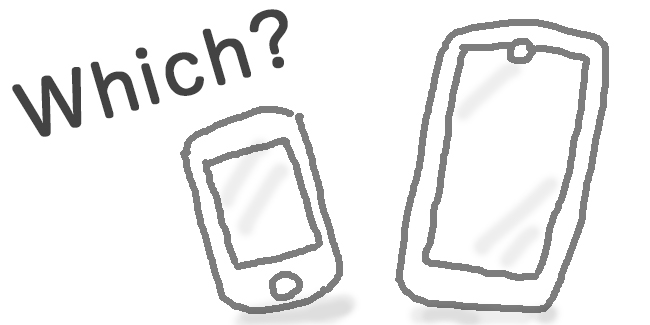
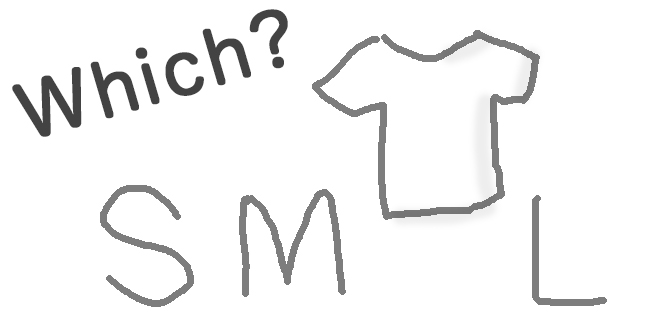
Review
Can you memorize everything? Let’s check it in the English karuta below.


































